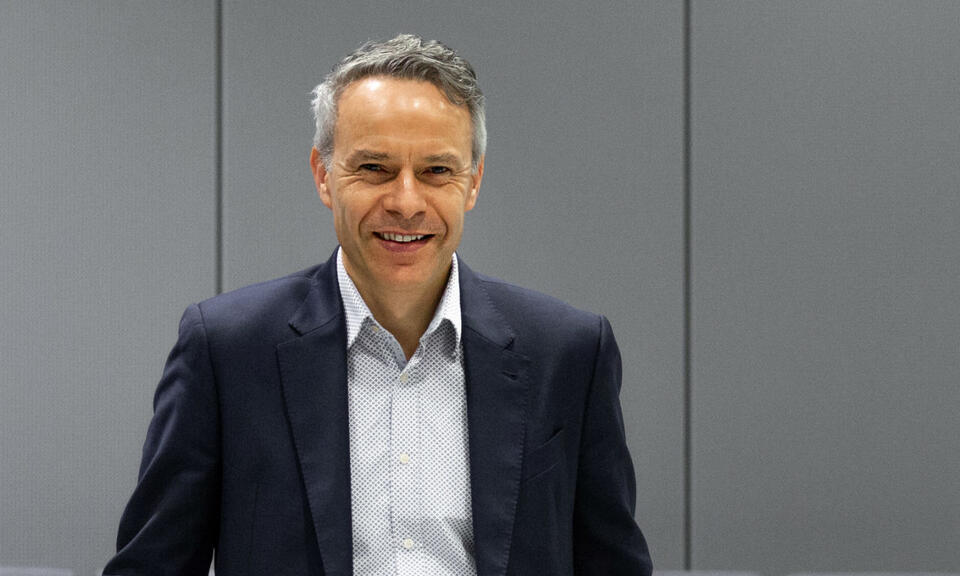
Published
Professor of Innovation & Entrepreneurship at Imperial Business School, Markus Perkmann, explores the delicate – and sometimes thorny – relationship between scientific research and the industries that want to profit from it.
The link between academic scientists and the companies that want to commercialise their work is well-established. The pharmaceutical industry, for instance, has traditionally built relationships with universities to find solutions to problems it is unable to solve itself – a trend which has been on the rise over the past eight years.
Professor Markus Perkmann, who has devoted his time to researching how academia, industry and policymakers work together, argues the pressure on scientists to produce work that is considered "useful and impactful" has been growing in recent years.
This has led to worries that the quality of the work being produced by academic scientists could suffer, with some arguing scientists are likely to be distracted from other aspects of their work, including their own research. There is also the fear that placing high importance on results could lead to scientists prioritising applied science, limiting their chances of making fundamental discoveries and breakthroughs.
Science has a very strong immune system.
While he understands these worries, Markus is optimistic. He says successful collaboration is possible but agrees the relationship between science and those interested in commercial exploitation is not without its difficulties.
"The UK Government funds scientific research to the tune of £12 billion per year," he says. "There is an implicit contract between science and society, with society expecting science to deliver something useful and beneficial."
Biotech – an area where large pharmaceutical companies and small startups alike strongly rely on expertise that comes out of the academic sector – as well as the defence sector and more recently, electronics and software, are particularly affected by these outside pressures.
The resilience of science
However, he says that, while in theory this pressure could lead to challenges within scientific research, he has not discovered any such large-scale problems. This, he argues, is partly down to how universities are organised.
"The fact that universities are governed by academics means they usually have quite a lot of rules and policies in place that ensure that scholarly work isn’t hampered by involvement with industry and commercialising inventions."
Another important factor, he says, is that science is resilient.
"Science has a very strong immune system. This consists of both a strong professional ethos that academics have across the globe, with a commitment to conducting science and privileging discovery, as well as university policy."
Symbiotic relationships
But, of course, the goal is not simply survival, and Markus says there are many cases where academia and industry prove to be fruitful, with the two parties achieving a "symbiotic relationship".
"There are many ways in which collaborations are being set up so they are beneficial to all the participants," he says, adding that the logic of academia, with its own objectives and values can complement the logic and goals of industry partners.
"For companies, it’s impossible to have somebody dedicating all their intellectual power to a specific problem over an extended period of time, but this is exactly what PhD students do."
Away from his research into the tug of war between science and industry, Markus is currently working on other issues connected to science, including a project about the potential bias academic communities have towards multidisciplinary scientists.
I've been very fortunate to work in an environment as interesting and challenging and ambitious as Imperial.
Originally from the Alps, Markus moved to London in 2000 to work for a startup and joined Imperial Business School as a Senior Research Fellow in 2008.
He was made Professor of Innovation & Entrepreneurship in 2016.
"I've been very fortunate to work in an environment as interesting and challenging and ambitious as Imperial."
Watch the live broadcast of Markus' inaugural lecture on 19 February.

